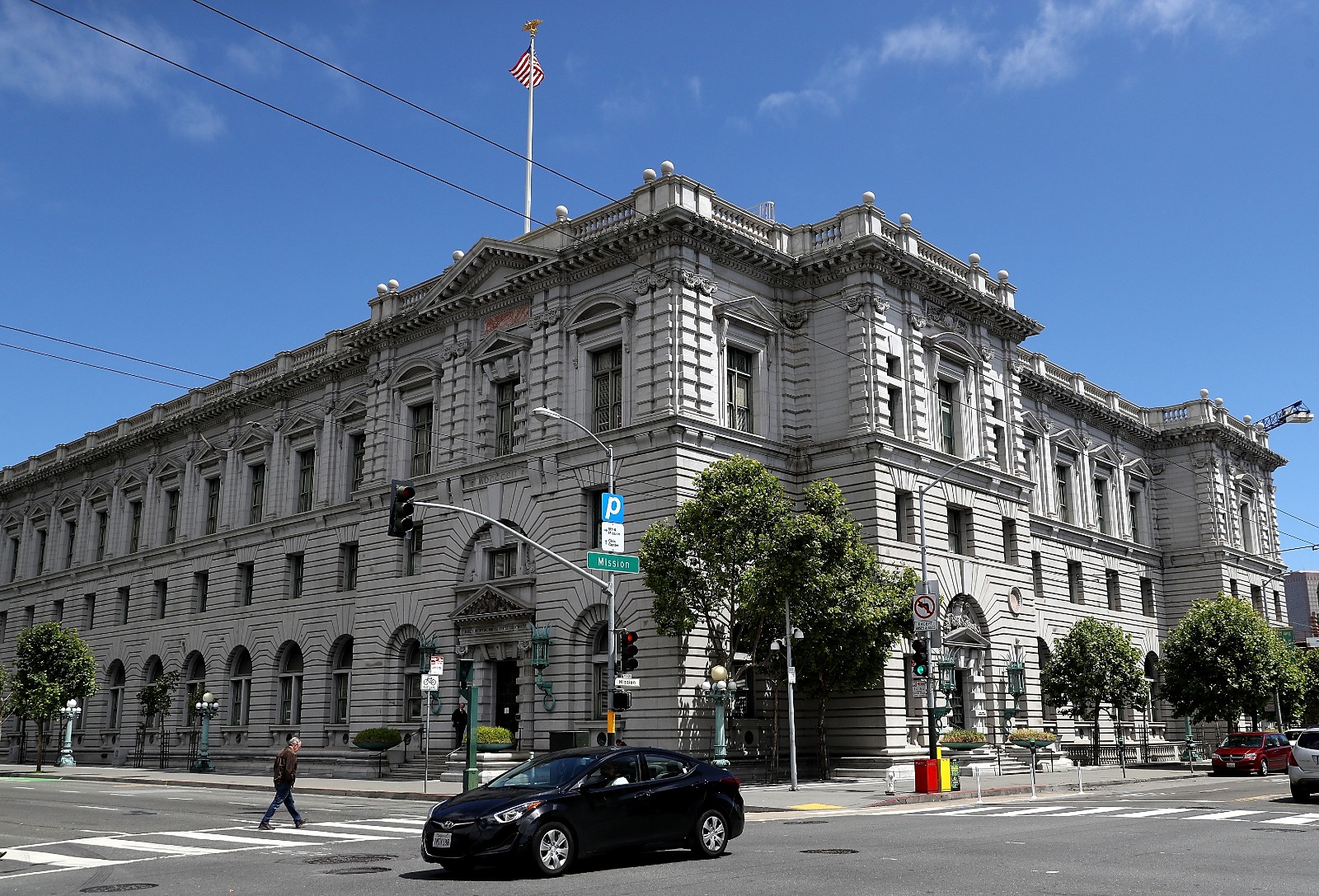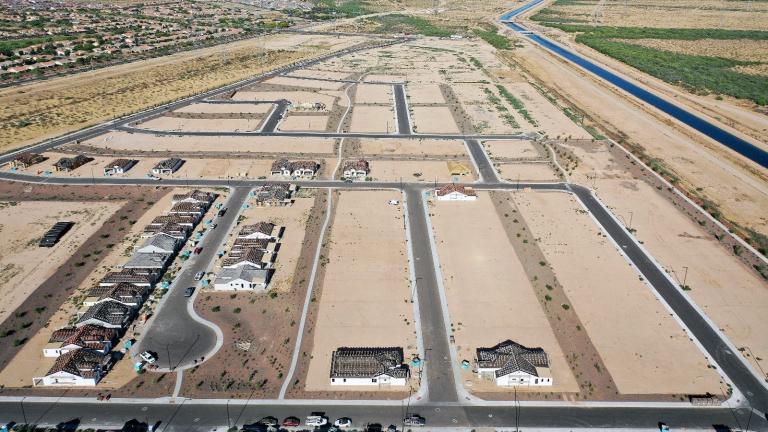On Tuesday, a federal appeals court decided not to revisit its earlier decision to strike down Berkeley, California’s first-in-the-nation gas ban in new buildings. The ruling dealt a blow to the city of Berkeley, which requested a rehearing after the 9th U.S. Circuit Court of Appeals’ initial decision in April, and casts uncertainty over similar policies to electrify buildings in dozens of other cities.
In effect, the court simply chose to uphold its earlier judgment in April to invalidate Berkeley’s gas ban, legal experts told Grist. But unless the city of Berkeley chooses to appeal the case to the Supreme Court, the 9th Circuit’s judgment is now final. (The Berkeley city attorney’s office did not respond to a request for comment on its next steps in time for publication.) That means that for cities in the 9th Circuit region, which spans 11 western states and territories including California, Oregon, and Washington, local gas bans similar to Berkeley’s are no longer legal.
“For cities in the 9th Circuit that have laws that are modeled closely on the Berkeley ordinance, this is a door closing,” said Amy Turner, director of the Cities Climate Law Initiative at Columbia University’s Sabin Center for Climate Change Law.
In 2019, Berkeley became the first city in the country to pass a ban on installing natural gas piping in new buildings, requiring all-electric appliances. Dozens of cities across the 9th Circuit region, including more than 70 in California alone, quickly followed suit, drafting new laws to reduce greenhouse gas emissions and indoor air pollution.
But later that year, the California Restaurant Association initiated a lawsuit against Berkeley’s policy, arguing that natural gas stoves were essential for preparing foods like “flame-seared meats” and “charred vegetables.” In 2021, a federal district court ruled against the restaurant industry, but that decision was overturned in April 2023 by the 9th Circuit. That court held that national energy efficiency standards preempted Berkeley’s law, which would in effect prevent the use of gas-powered appliances that meet federal standards. The city of Berkeley requested a rehearing of the case before 11 judges on the 9th Circuit — a petition that was denied in this week’s decision.

Sarah Jorgensen, a lawyer for the California Restaurant Association, told the San Francisco Chronicle that the judges had acknowledged that “energy policy was a matter of national concern and that there should be uniform national regulation.” Sean Donahue, a lawyer for the city of Berkeley, called the order disappointing and stated that Berkeley’s ordinance “is well within its authority to protect the health and safety of its own residents,” according to the Chronicle.
Tuesday’s denial featured a detailed dissent authored by U.S. Circuit Judge Michelle Friedland and seven other judges on the 9th Circuit. “Climate change is one of the most pressing problems facing society today, and we should not stifle local government attempts at solutions based on a clear misinterpretation of an inapplicable statute,” wrote Friedland. “I hope other courts will not repeat the panel opinion’s mistakes.”
Including any dissent at all is highly unusual for an action as rote as denying a petition, said Turner. “It seems like she is attempting to bolster the cases of other states and local governments that might be looking to pursue building electrification policies and providing a legal road map for why other courts should find a Berkeley-style ordinance to be lawful,” Turner noted.
In the United States, buildings account for nearly a third of all greenhouse gas emissions. For cities motivated to electrify their buildings, Tuesday’s denial of a rehearing is a “disappointing outcome,” said Jim Dennison, an attorney working on building decarbonization at the Sierra Club. Since the April ruling, several cities in California have already pulled back their own natural gas bans, including Encinitas, Santa Cruz, and San Luis Obispo, to avoid legal risks. Eugene, Oregon, which modeled its policy on Berkeley’s, also withdrew its gas ban in June.
Yet some cities, including Los Angeles, San Francisco, and San Jose, still have natural gas bans on the books. Tuesday’s decision could inspire those cities to take action, but ultimately, whether they decide to halt or maintain their gas bans is up to each individual government, said Turner. It could also depend on the resources they have available to take on potential legal challenges.

“Local governments have different appetites for legal risk, and so they chose to navigate this decision and this time in different ways,” Turner said. The legal uncertainty created by the Berkeley decision especially impacts smaller communities that may not have the staff and financial resources to take on potential litigation, she said. “This uncertainty is going to cause some local governments to pull back a bit. And that’s an unfortunate reality of being a local government. They don’t always have the resources that a San Francisco or a Berkeley has to throw behind a challenge like this.”
Both Turner and Dennison emphasized that despite a setback to local gas bans, city officials still have a wide range of options available for electrifying buildings, including building codes and air pollution standards. Dennison highlights Washington state’s recently updated building codes as one legally robust way to reduce emissions from buildings. The codes, which set minimum energy efficiency standards, will require new buildings to achieve the same energy performance as buildings that use electric heat pumps beginning this year. Notably, they offer building owners flexibility in meeting the benchmarks instead of requiring them to install heat pumps or forgo natural gas.
Local governments can also consider setting emissions standards for buildings and appliances, which concern air pollution rather than energy use. That’s an approach taken by New York City, which prohibits new buildings from emitting more than a certain amount of carbon dioxide pollution. Turner notes that state utility regulators can also take steps to limit the expansion of natural gas infrastructure, which could also serve building electrification goals.
“Cities are extremely motivated to address emissions from their buildings, which are an incredibly important source of climate and health-harming pollution,” said Dennison. “And I don’t think that this court order can stand in the way of that progress.”




